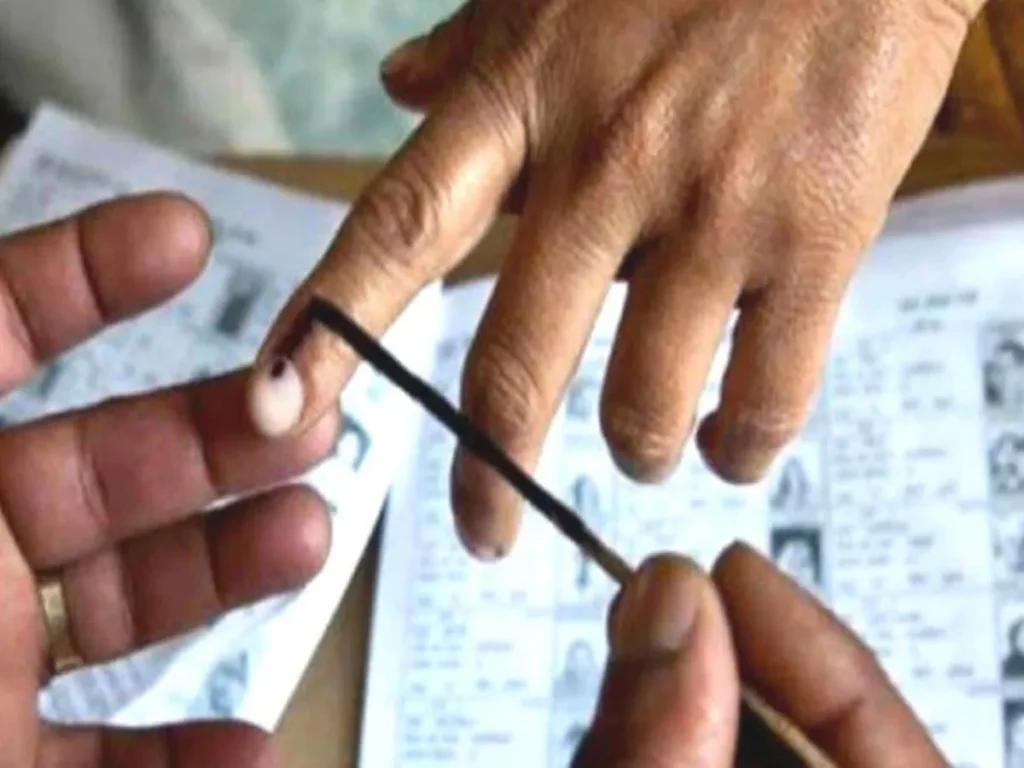Noida 24 August 2024: The possibility of municipal elections in Uttarakhand being delayed again is a significant concern, especially given the importance of these elections in shaping local governance and public services. Several factors may contribute to such delays, each reflecting different challenges the state faces. Here are some potential reasons why the municipal elections in Uttarakhand might be postponed again:
1. Legal Challenges and Court Cases
- Ongoing Litigations: Often, legal disputes arise related to the delimitation of wards, reservation policies, or candidate eligibility. If these cases are pending in court, the elections could be delayed until a final verdict is reached.
- Election Laws: Changes or challenges to existing election laws, including issues with the electoral roll or voter registration, could result in postponements.
2. Administrative Hurdles
- Preparation Delays: The State Election Commission (SEC) needs adequate time to prepare for elections, including updating voter lists, arranging polling stations, and training election staff. Any delays in these processes can push back election dates.
- Logistical Issues: Organizing elections requires significant logistical coordination, including security arrangements, which can sometimes lead to delays if resources are stretched thin.
3. Political Considerations
- Political Strategy: Sometimes, ruling parties may seek to delay elections if they believe the timing is not favorable for them. They might push for a postponement to avoid potential losses or to gain more time to improve their standing with the electorate.
- Government Priorities: If the government is focusing on other major initiatives or crises, such as disaster management or economic recovery, elections might be delayed to ensure resources are not diverted.
4. Natural Disasters and Weather Conditions
- Adverse Weather: Uttarakhand is prone to heavy rains, landslides, and other natural disasters, particularly during the monsoon season. Such events can disrupt election planning and force delays to ensure voter safety and accessibility.
- Disaster Management: If the state is recovering from a recent natural disaster, the focus might shift to relief efforts, delaying election preparations.
5. Public Health Concerns
- Pandemic-Related Issues: The COVID-19 pandemic led to widespread election delays globally. Even though the situation has improved, any resurgence of cases or new public health concerns could result in further postponements to protect public health.
6. Socio-Political Unrest
- Local Agitations: If there is significant socio-political unrest or large-scale protests in certain areas, the government may opt to delay elections to avoid potential conflicts and ensure a peaceful electoral process.

